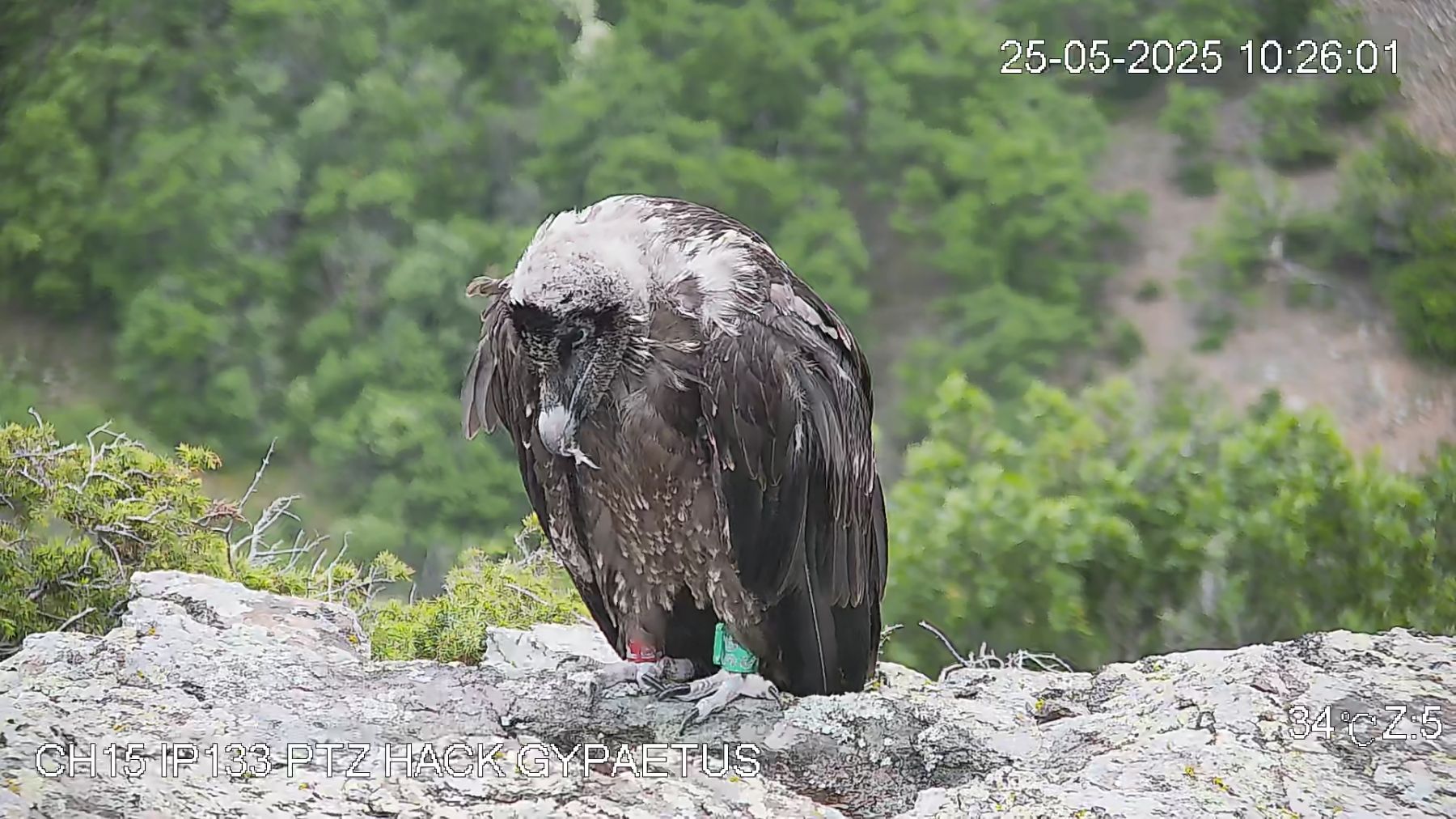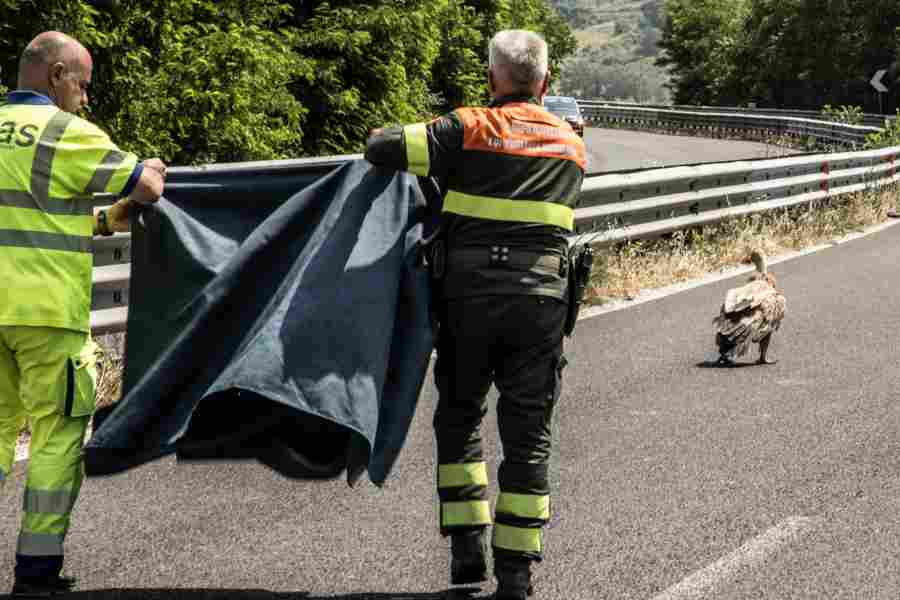Exciting developments are taking place for the Griffon Vultures (Gyps fulvus) in Bulgaria, with both natural and captive breeding efforts showing promise for the recovery of the species. As part of ongoing conservation programmes, Bulgaria is witnessing a resurgence of these birds, offering a hopeful glimpse into their future.

First Griffon Vulture nests in the Vrachanski Balkan Nature Park
On 13 January, 2025, a pair of Griffon Vultures that were part of a reintroduction project began nesting in the Vrachanski Balkan Nature Park in Bulgaria. Their success was quickly followed by the formation of two additional pairs, who established nests in different areas within the park. By the end of January, three pairs had already begun incubating eggs, signaling a positive trend for the species.
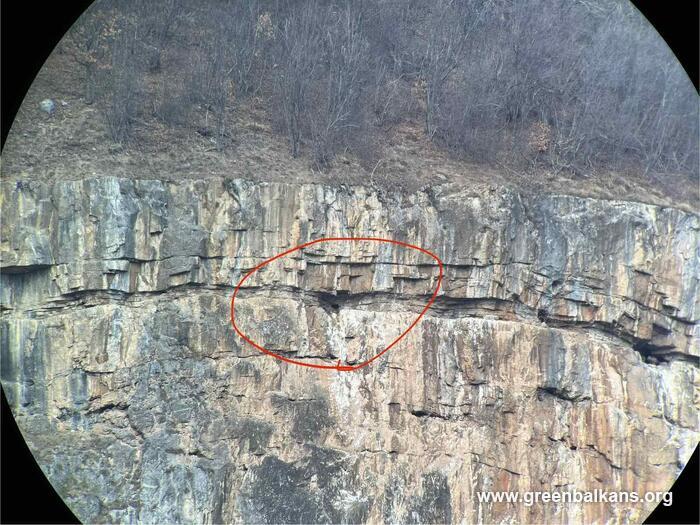
Notably, the vultures nesting in the Kresna Gorge, another reintroduction site, also began their incubation shortly after. These developments suggest that the reintroduction efforts are gaining momentum, as Griffon Vultures establish nests in the wild.
However, the monitoring team remains cautious. As the weather conditions can be unpredictable, especially with sudden cold snaps, the team continues to monitor the nests carefully to ensure the safety of the eggs and chicks.
Captive pair breeds in the Wildlife Rehabilitation and Breeding Centre
In another exciting development, a new pair of Griffon Vultures, currently housed at the Green Balkans Wildlife Rehabilitation and Breeding Centre, has also begun the breeding process. This pair, consisting of a female hatched in 2014 (marked with the wing tag YY) and a male hatched in 2015 (tagged EE), both come from the conservation programmes in the UK. They were originally hatched at the International Centre for Birds of Prey and were donated to Green Balkans in 2020.
After spending time in the Sinite Kamani Nature Park to acclimatize, the pair was released into the wild. Unfortunately, after descending into the city of Sliven, the birds needed to be captured for their safety and returned to the adaptation aviary. Due to challenges in adapting to life in the wild, the decision was made to keep them in a controlled environment for breeding purposes.
After a period of living together, the two Griffon Vultures successfully paired and laid an egg. However, as they are still inexperienced with incubation, the egg was removed for artificial incubation in a controlled setting to increase the chances of successful hatching.
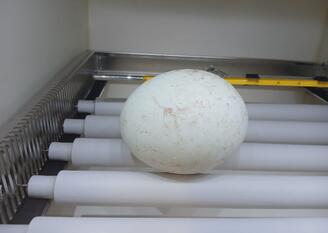
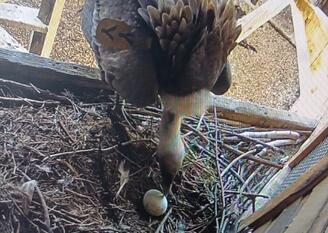
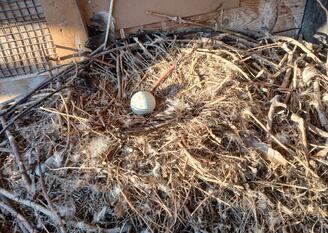
Hope for the future
To ensure a stable population of Griffon Vultures in Bulgaria, continuous monitoring and support, both in wild and in captivity, is necessary for restoring this once-declining species to the region.
As the breeding season progresses, the teams involved in these projects remain hopeful for the successful hatching of these eggs. In turn, these efforts contribute to the broader goal of reintroducing Griffon Vultures to the wild, where they can thrive and contribute to the biodiversity of the Balkans.
For now, conservationists and bird enthusiasts alike will keep their fingers crossed for a successful breeding season and a promising future for the Griffon Vulture in the Balkans.

The “Bearded Vulture LIFE” project is a comprehensive initiative, aiming to restore the Bearded Vulture and Cinereous Vulture across Bulgaria and the Balkans. With a budget of €5.17 million, co-funded by the European Union’s LIFE Programme, the project commenced in August 2023 and is expected to continue until 2030. Building upon the achievements of its predecessor, “Vultures Back to Life,” it is coordinated by Green Balkans, with five more partner organizations within Bulgaria, including the Fund for Wild Flora and Fauna, Foundation EkoObshtnost, EVN – Elektropradelenie Yug EAD, Severozapadno Darzhavno Predpriyatie – Vratsa, and “Sinite kamani” Nature Park Directorate. Furthermore, the project benefits from international collaboration, including the Vulture Conservation Foundation (VCF), responsible for the translocation and safeguarding of captive-bred birds secured for release. Additionally, the partner Milvus group is responsible for executing conservation efforts in Romania.


